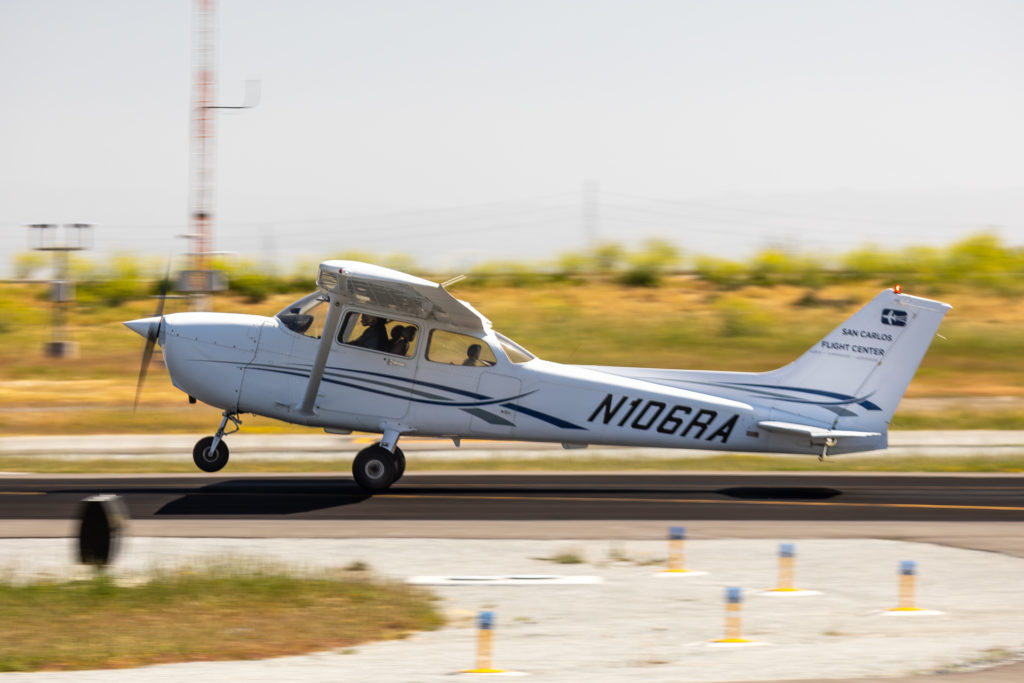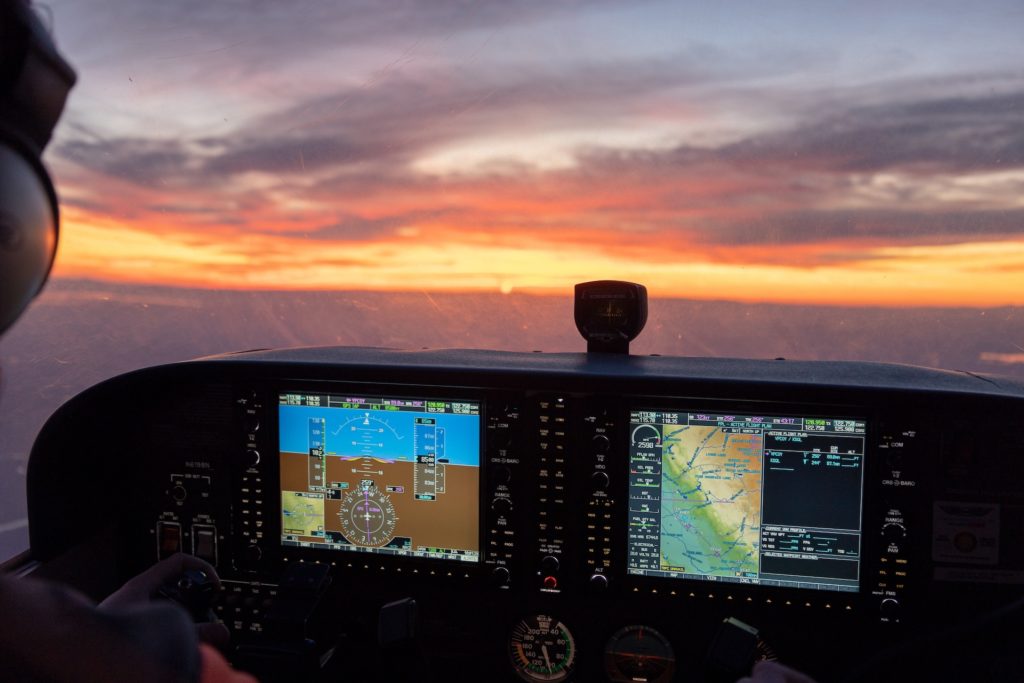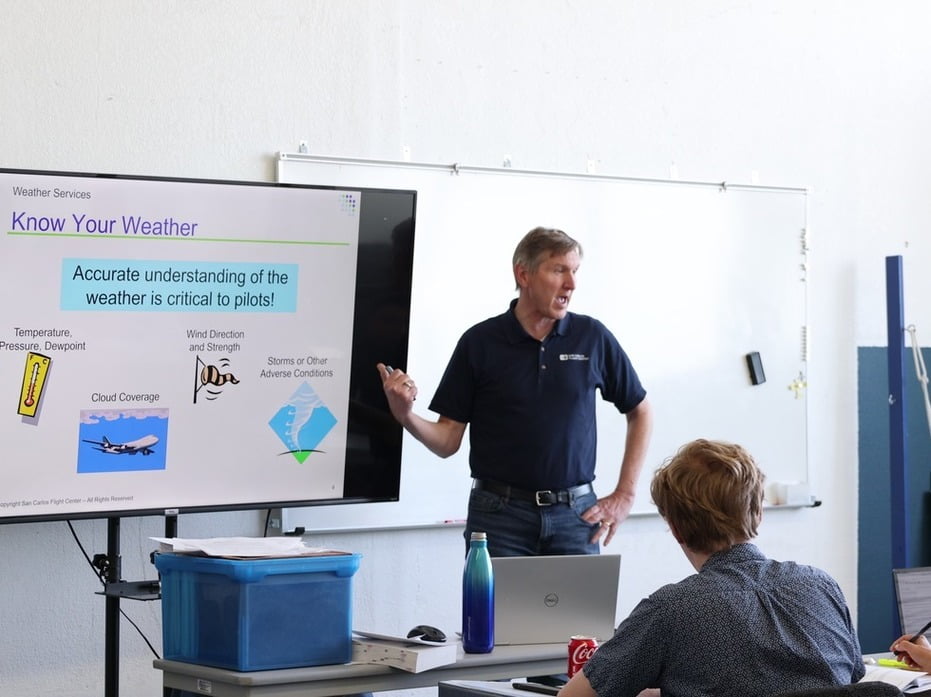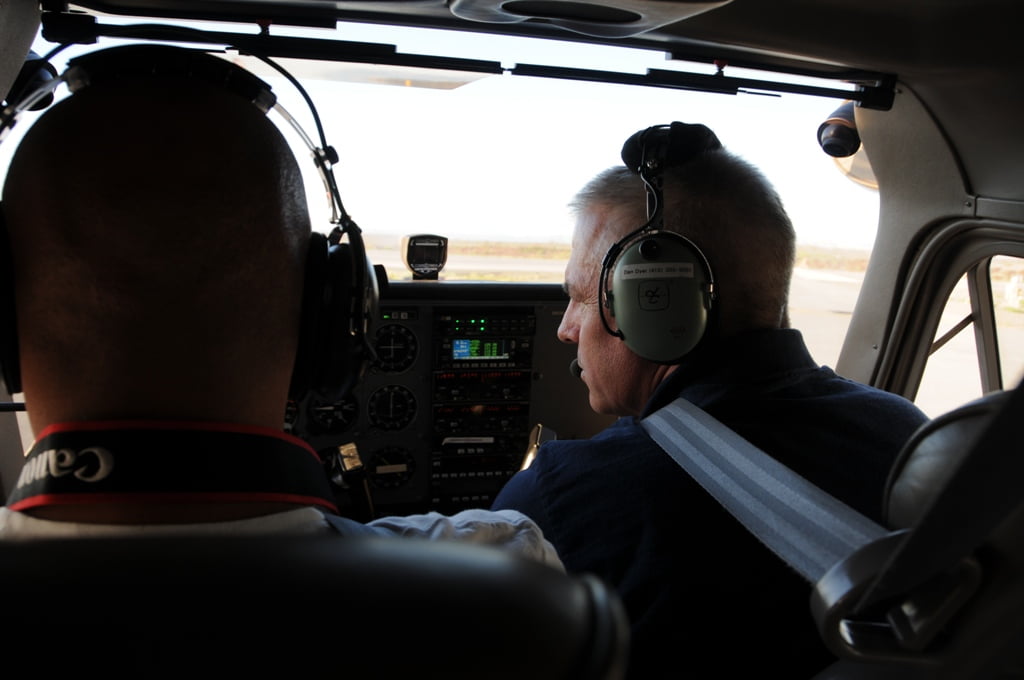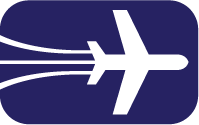Learn to Fly
Earning a pilot certificate is a dream for many. At San Carlos Flight Center, we can help make that dream a reality. Whether you are learning to fly for fun or for a career, we have the aircraft and instructors ready for your mission.
Demo Flight
The first step is to take a Demo Flight. This one-hour flight shows you the basics of flying, while also introducing you to what a typical flight lesson is like. Your instructor will let you fly the plane, and guide you on basic maneuvers. This is a great way for you to see if you like flying and if it’s something you’d like to pursue.
Private Pilot Ground School
Student pilots will typically start out by taking a ground school course, which teaches them the knowledge required for the private pilot certificate. SCFC offers an in-person ground school course, which allows students to take advantage of the classroom-style instruction by asking the instructor questions and participating in extracurricular workshops. The course also prepares students for the FAA Knowledge Test, which is a multiple-choice exam given to pilots seeking their license.
Flight training can start before or after ground school is complete! Working with a Certified Flight Instructor (CFI), you’ll first learn how to control an aircraft by perfecting aerial maneuvers, practicing takeoffs and landings, and simulating abnormal situations. Once you have successfully completed these, you’ll be able to solo, which is where you are able to fly the airplane alone. To complete your training, you’ll also work on navigation techniques, and fly longer flights in order to get a sense of the trips you might take upon receiving your certificate. After honing your skills and perfecting the ground knowledge, you will be able to take an exam with an FAA examiner, who upon successful completion, can issue your private pilot certificate!
Advanced Pilot Training
A private pilot certificate permits you to take passengers flying for fun in good weather. If you enhance your pilot skills or make a career out of flying, then moving on to higher ratings after you earn your private pilot certificate is the next step.
An instrument rating gives pilots the ability to fly through clouds, and operate in reduced visibility. You’ll learn all about navigating on instruments and weather theory, while mastering flying techniques like holding and instrument approaches.
Pilots who want to earn their instrument rating typically begin working on it after earning their private pilot certificate.
Pilots holding 250 hours are eligible to earn their commercial certificate, which enables them to fly for compensation or hire. This rating contains maneuvers similar to those demonstrated for the private pilot certificate, albeit with tighter tolerances on aerial maneuvers and emergency procedures. Pilots who achieve this rating will emerge with a high degree of skill and competence.
Pilots who wish to fly for an airline often will need to build flight time needed to qualify for those positions. Many choose to become Flight Instructors, so they can be paid to fly.
Flight Instructor training is different from the other flight training courses, in that the majority of training is completed on the ground practicing teaching and developing a deeper understanding of skills needed to become a pilot.
